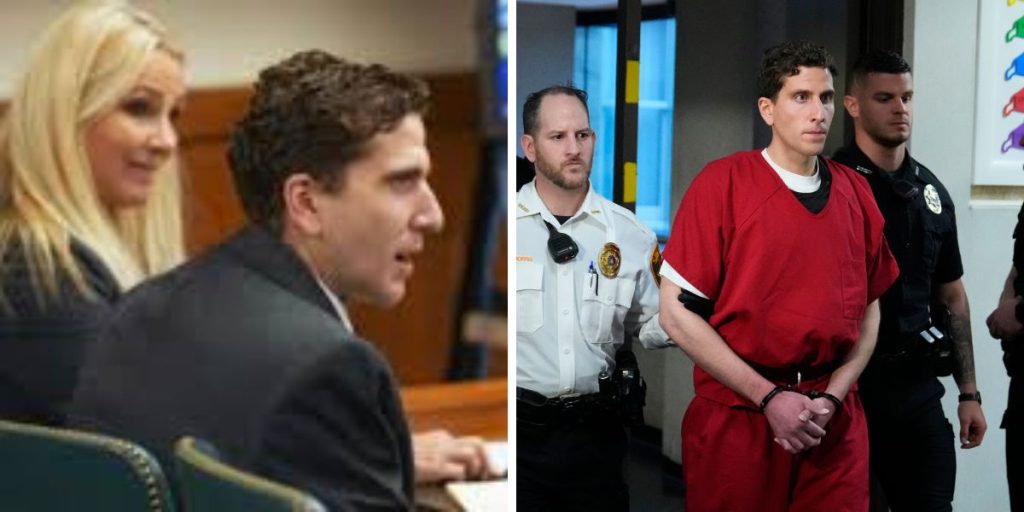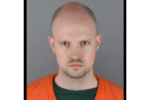Defense Seeks Evidence Dismissal in Bryan Kohberger Case, Citing Constitutional Violations
Attorneys for Bryan Kohberger, charged with the murder of four University of Idaho students, are urging a judge to dismiss key evidence in the case, arguing that the investigation’s reliance on Investigative Genetic Genealogy (IGG) was unconstitutional. The defense also alleges police misconduct tainted the search warrants used to gather evidence against their client.
The motion will be heard during a two-day hearing starting Thursday, with portions closed to the public. If successful, the move could significantly undermine the prosecution’s case ahead of Kohberger’s trial in August.
Allegations of Unconstitutional Investigative Methods
Kohberger is accused of killing Ethan Chapin, Xana Kernodle, Madison Mogen, and Kaylee Goncalves in a brutal stabbing at a rental home near the University of Idaho campus on November 13, 2022. His defense team argues that IGG—a process involving genealogy databases to identify potential suspects—violated his constitutional rights and formed the foundation for all subsequent evidence collection.
“There would be no investigation into him without that original constitutional violation,” attorneys Jay Weston Logsdon and Ann Taylor wrote in a court filing. They maintain that all evidence derived from the IGG process, including phone records, surveillance, and DNA samples from Kohberger’s garbage, should be excluded.
Prosecutors contend that IGG is lawful, noting that Kohberger’s relatives voluntarily contributed DNA to genealogy databases, and defendants have no reasonable expectation of privacy for DNA left at crime scenes.
Allegations of Police Misconduct
The defense has also accused law enforcement of providing misleading or incomplete information when seeking search warrants for Kohberger’s apartment, car, and family home, as well as his DNA. Specific details of the alleged misconduct remain sealed, with 4th District Judge Steven Hippler closing parts of the hearing to protect the integrity of potential jurors.
Judge Hippler emphasized the need to safeguard the jury pool, citing extensive media coverage. “We will be challenged under the best of circumstances in obtaining a jury that has not been overly exposed to this,” Hippler said.
Victims’ Families Speak Out
The parents of victim Kaylee Goncalves have voiced their frustration over delays in the case. Steve Goncalves has described the judicial process as a “hamster wheel of motions, hearings, and delayed decisions.”
In November, Kaylee’s mother, Kristi Goncalves, expressed strong support for the death penalty, saying the brutality of the crime warrants the ultimate punishment.
Public and Media Push for Transparency
A coalition of media organizations, including the Associated Press, has called for greater transparency, arguing that openness is vital for maintaining public confidence in the justice system. Judge Hippler rejected their request to lift the court’s secrecy, citing concerns about influencing potential jurors.
Next Steps
The outcome of this week’s hearing could have significant implications for the trial. Kohberger’s trial is set to begin in August, and prosecutors have announced their intent to seek the death penalty if he is convicted.
Reference News :- Idaho murders suspect’s lawyers want DNA evidence thrown out





More Stories
Kohberger Case: Attorneys Claim Police Misconduct, Question DNA Investigation
Kohberger Case: Attorneys Claim Police Misconduct, Question DNA Investigation
Kohberger Case: Attorneys Claim Police Misconduct, Question DNA Investigation